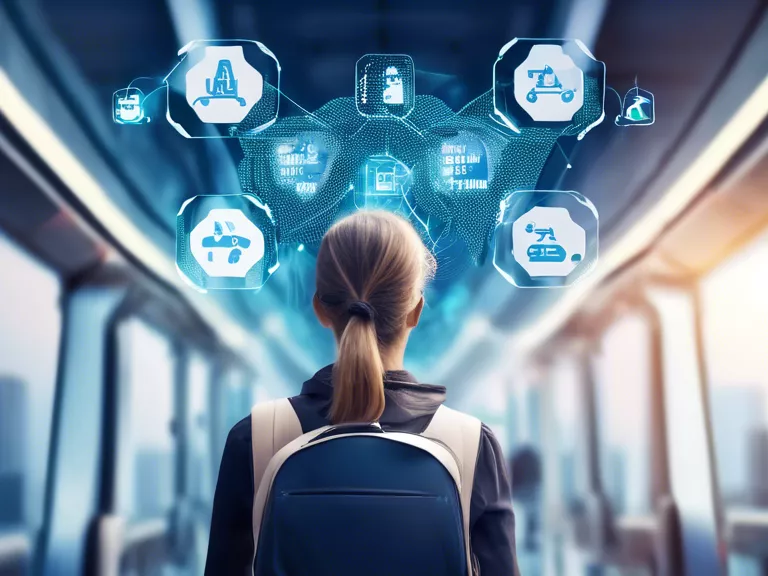
The Future of Space Tourism: How AI is Paving the Way for Commercial Space Travel
With the advancement of technology and the growing interest in space exploration, the concept of space tourism is quickly becoming a reality. Companies like SpaceX, Blue Origin, and Virgin Galactic are actively developing commercial space travel programs to allow civilians to experience the wonders of outer space. One key factor that is paving the way for this future of space tourism is Artificial Intelligence (AI).
AI has the potential to revolutionize space travel in a number of ways. One of the main benefits of AI in space tourism is its ability to analyze large amounts of data and make complex decisions in real-time. This is crucial for ensuring the safety of passengers and crew during space missions. AI can also be used to optimize spacecraft design, navigation, and communication systems, leading to more efficient and cost-effective space travel.
In addition, AI-powered robots and autonomous systems can perform tasks that are too dangerous or difficult for humans in space. Robots can assist with maintenance and repairs on spacecraft, as well as gather data on planets and other celestial bodies. This not only reduces the risk to human life but also enables more ambitious space missions that were previously deemed too risky.
Furthermore, AI can enhance the overall space tourism experience for passengers. AI systems can provide personalized recommendations for activities during the space journey, as well as monitor the health and well-being of passengers in space. AI-powered virtual reality simulations can also give passengers a taste of what it’s like to explore the cosmos, enhancing their sense of wonder and excitement.
As companies continue to invest in AI technology for space travel, the future of commercial space tourism looks promising. With AI at the forefront, we can expect safer, more efficient, and more immersive space travel experiences in the years to come.



